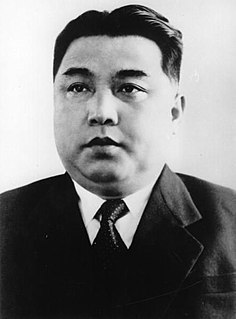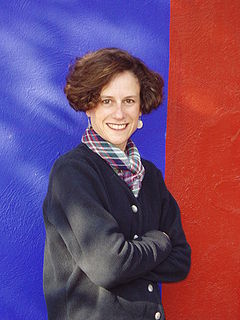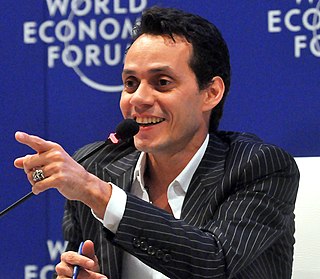A Quote by Carlos Fuentes
Things have changed in Latin America now. We mostly have democratic governments in Latin America, so the position of the writer has changed. It is not as Neruda used to say, that a Latin American writer walks around with the body of his people on his back. Now, we have citizens, we have public means of expression, political parties, congress, unions. So, the writer's position has changed, we now consider ourselves to be citizens - not spokespeople for everybody - but citizens that participate in the political and social process of the country.
Quote Topics
America
American
American Writer
Around
Back
Body
Changed
Citizens
Congress
Consider
Country
Democratic
Democratic Government
Everybody
Expression
Governments
His
Latin
Latin America
Latin American
Means
Mostly
Now
Ourselves
Participate
Parties
People
Political
Political Parties
Position
Process
Public
Say
Social
Spokespeople
Things
Things Have Changed
Unions
Used
Walks
Writer
Related Quotes
If it is an element of liberation for Latin America, I believe that it should have demonstrated that. Until now, I have not been aware of any such demonstration. The IMF performs an entirely different function: precisely that of ensuring that capital based outside of Latin America controls all of Latin America.
Of course I'm a black writer... I'm not just a black writer, but categories like black writer, woman writer and Latin American writer aren't marginal anymore. We have to acknowledge that the thing we call "literature" is more pluralistic now, just as society ought to be. The melting pot never worked. We ought to be able to accept on equal terms everybody from the Hasidim to Walter Lippmann, from the Rastafarians to Ralph Bunche.
One of the most useful parts of my education as a writer was the practice of reading a writer straight through - every book the writer published, in chronological order, to see how the writer changed over time, and to see how the writer's idea of his or her project changed over time, and to see all the writer tried and accomplished or failed to accomplish.
Now the masses of Latin America are electing governments they feel can take forward the democratic reforms of the last 20 years, and transform them into social and economic reforms. This is, I think, extremely important, because it also means that the left has abandoned the revolutionary solution proposed by Che Guevara and has taken the democratic path.
Now the good of political life is a great political good. It is not a secular good specified by a comprehensive doctrine like those of Kant or Mill. You could characterize this political good as the good of free and equal citizens recognizing the duty of civility to one another: the duty to give citizens public reasons for one's political actions.
Most writers in Mexico have had posts as ambassadors, secretaries - that is no longer the case. Now a writer can live off writing. He has an audience: there are publishing houses, there are newspapers - so the situation is not as terrible as it used to be when there were no means and he had to go into government service, be an ambassador or a cabinet minister, etc. So, things are changing in the sense that the civil society is now the protagonist. The writer therefore occupies a different position, but no less influential than in the past, in a new, democratic society.





































